PROJECT DETAILS
| Project Submission No. | S01195 |
|---|---|
| Project Title | Lavras II – Canadian Solar Complex |
| Project Owner(s) (as per PSF & LOA) | Lavras II Holding S.A / Future Carbon Holding S.A |
| Submission Date | 2024-03-26 |
| Global Stakeholder Consultation Period |
2024-03-28 to 2024-04-11 |
| Sector | 1.Energy industries (renewable-/non-renewable sources) |
| Project Type | Solar Power |
| GCC/CDM Methodology & Version | ACM0002 – Grid-connected electricity generation from renewable sources/ Version 21.0. |
| Forecasted GHG Emission Reduction (tCO2e/Year) |
|
| Forecasted E+ Label | Yes |
| Forecasted S+ Label | Yes |
| Forecasted SDG+ Goals |
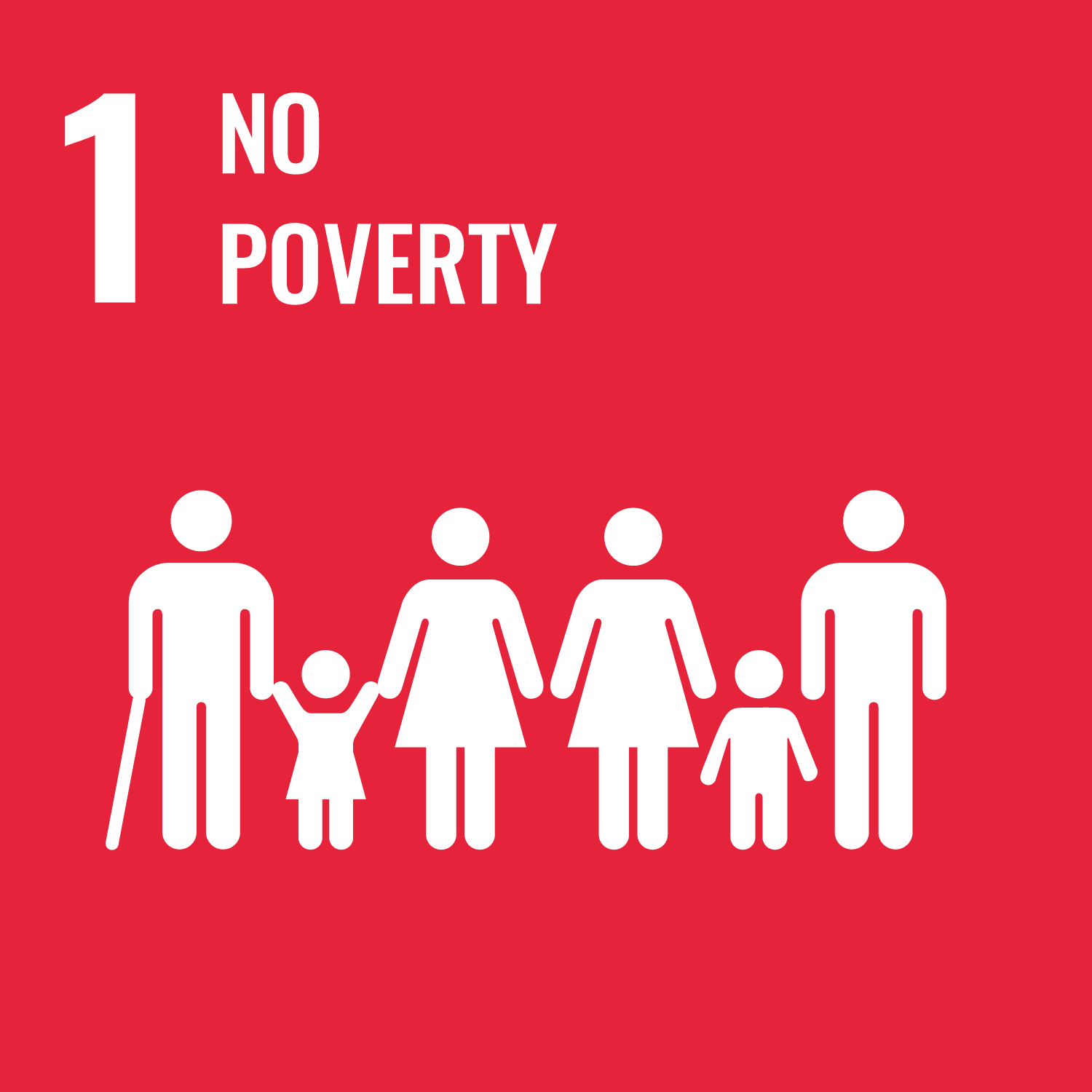
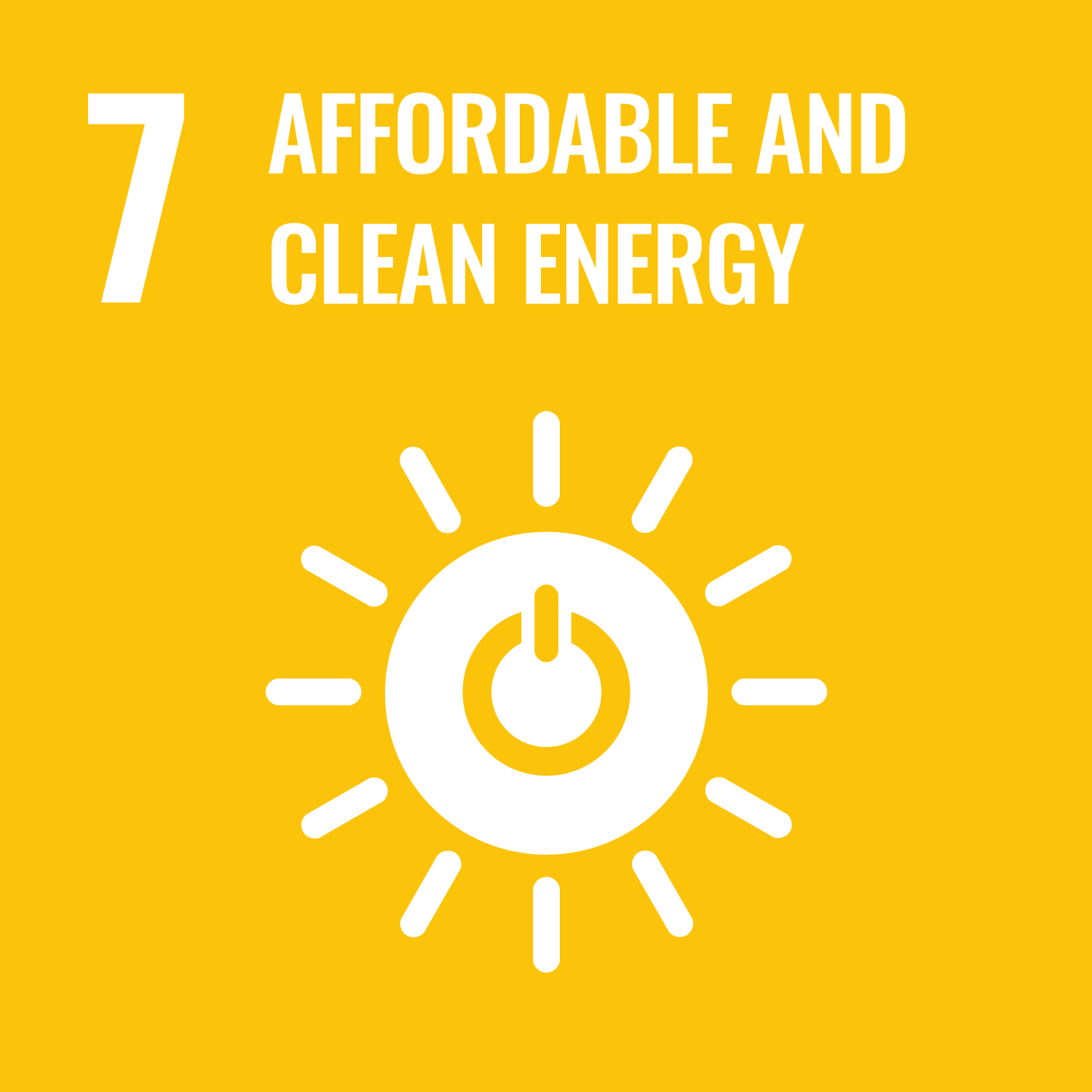
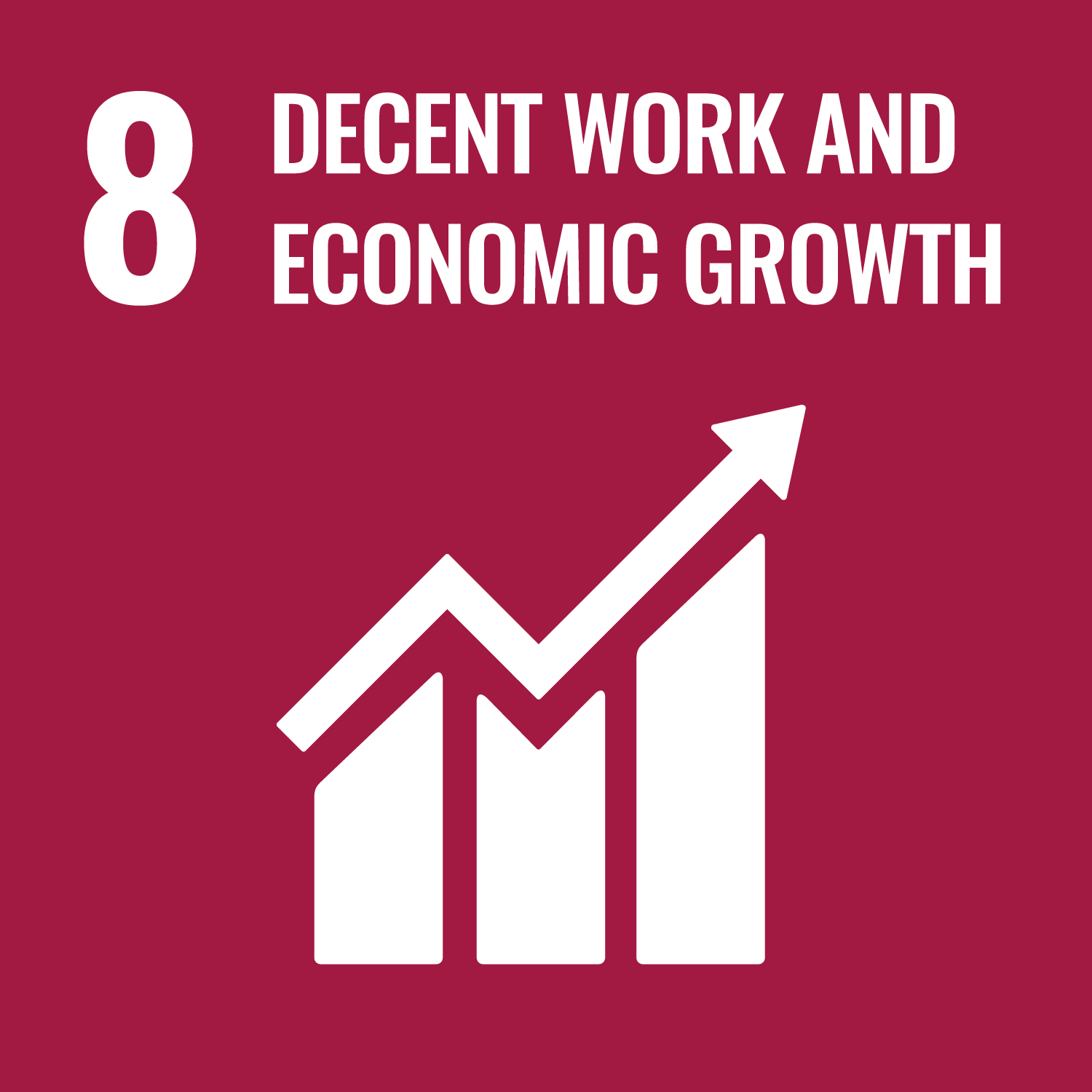
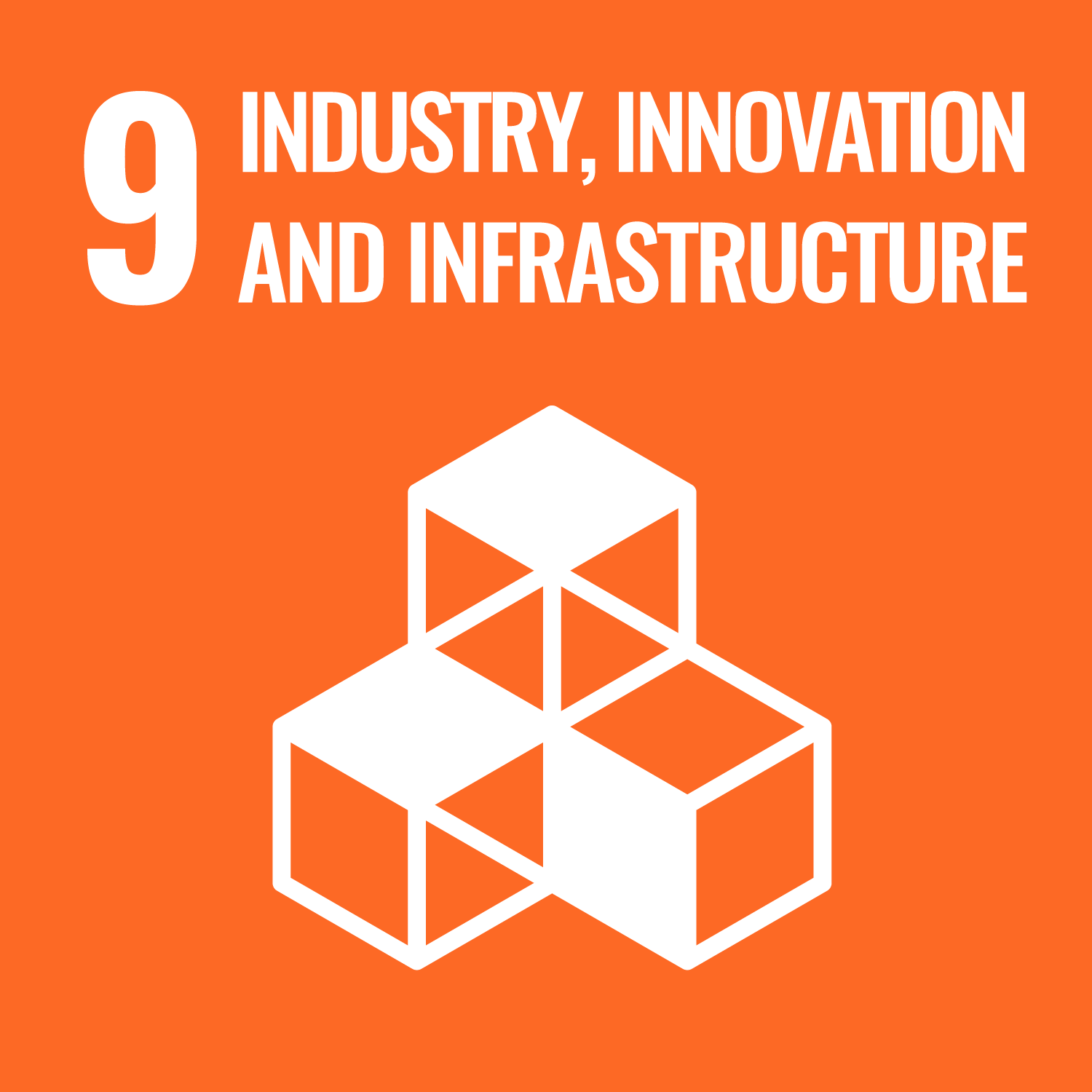
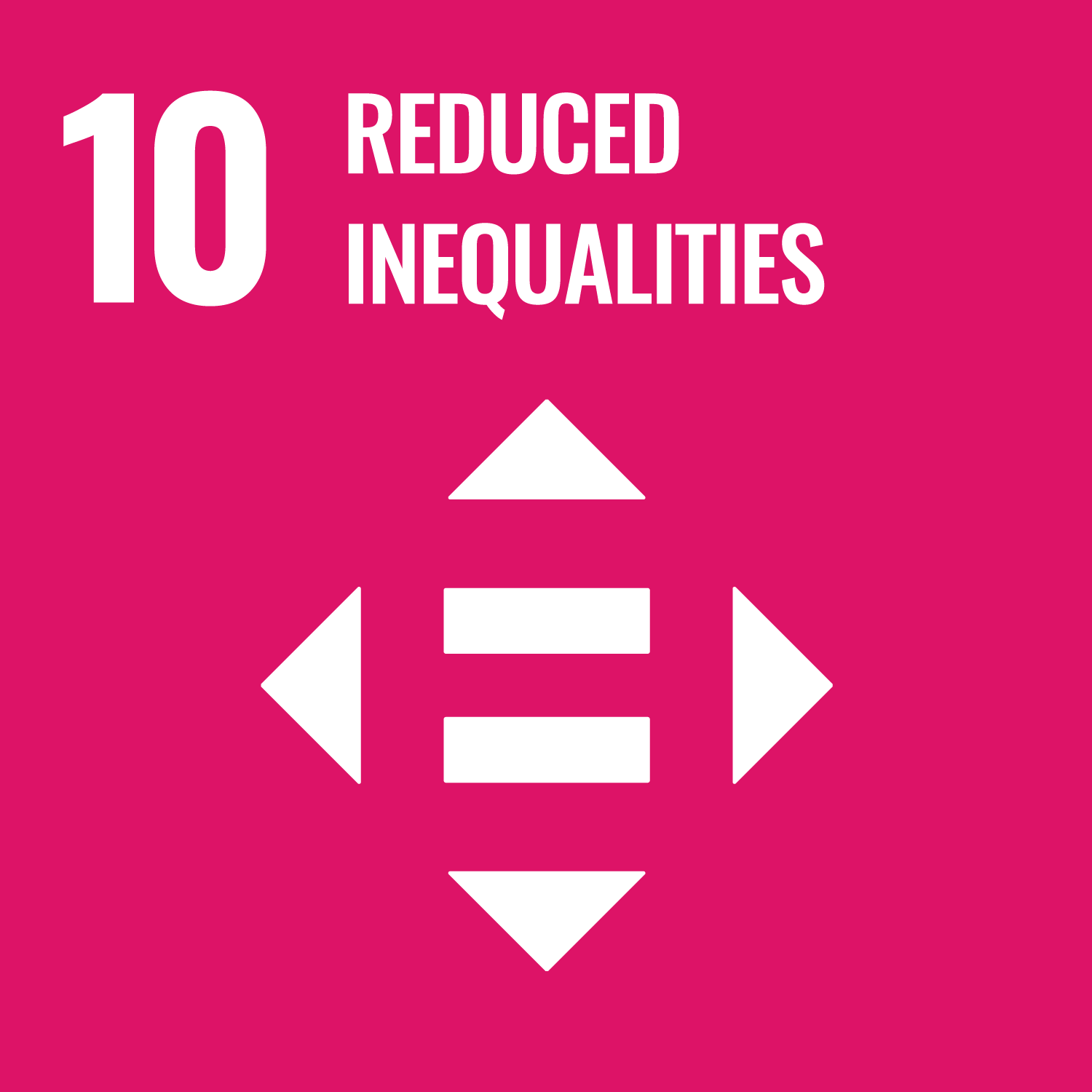
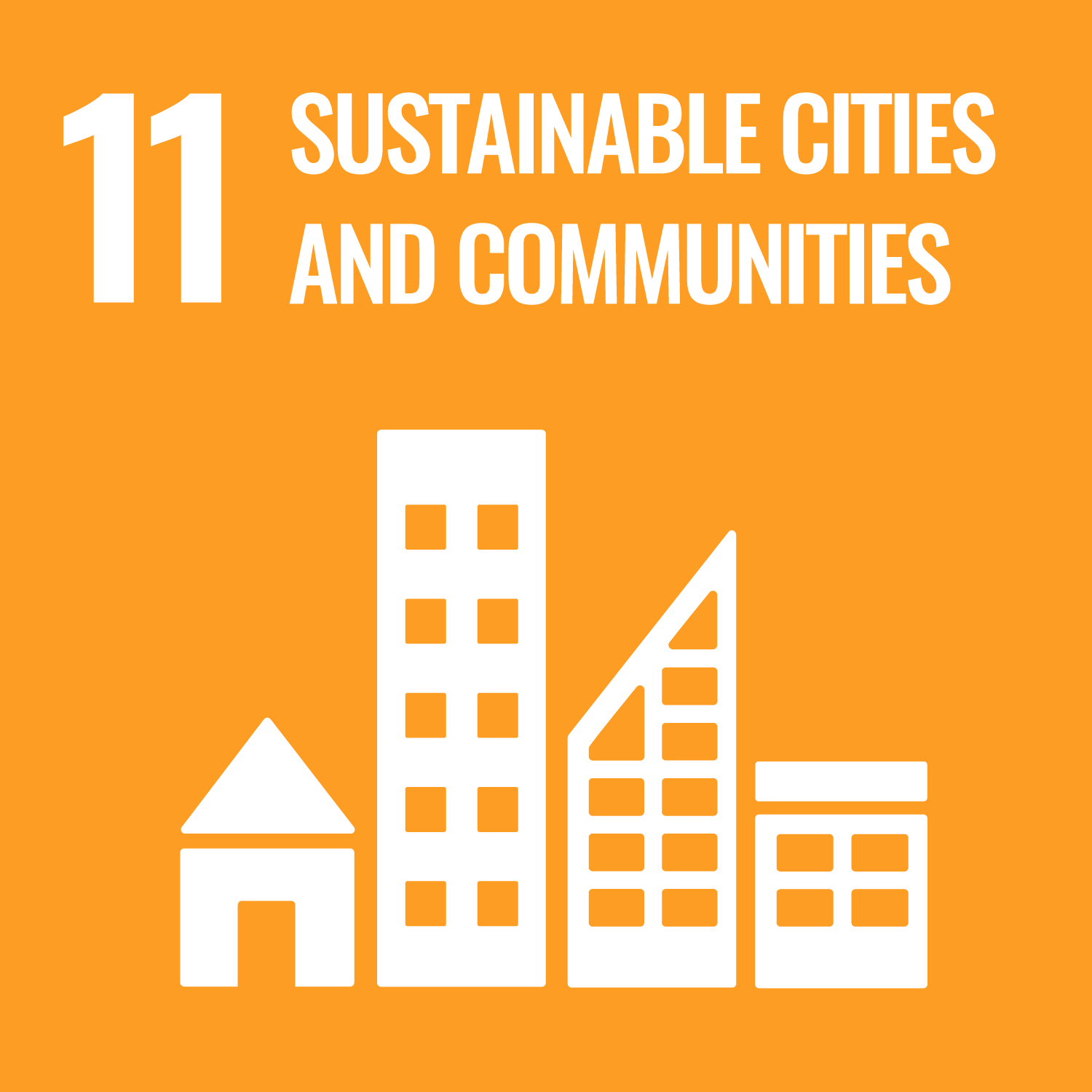
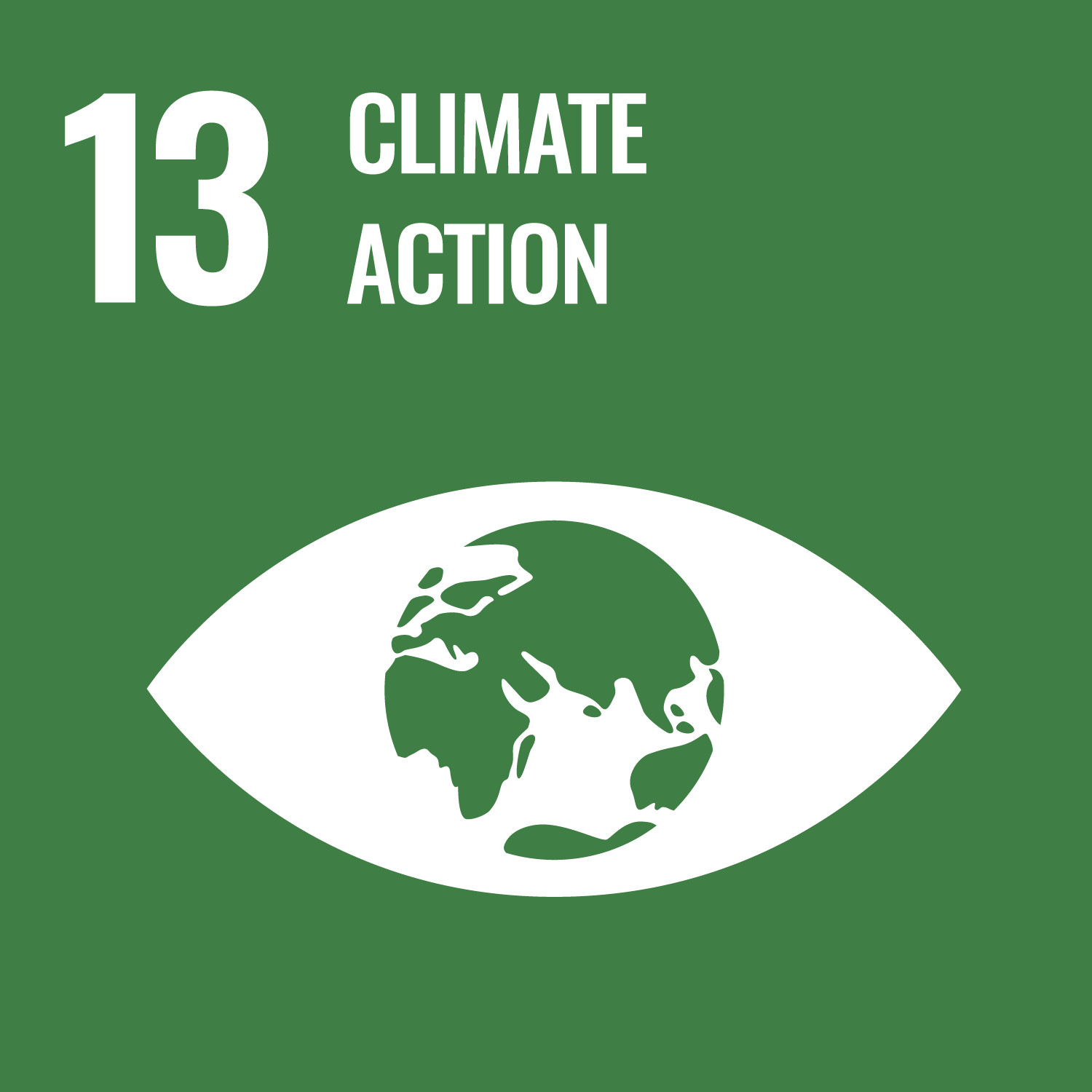
|
| Forecasted SDG+ Label | Diamond |
| Forecasted Market Eligibility | C+ - Pilot Phase |
|
Location Details
Open Full Map
|
|
| Country |
Brazil
|
|---|---|
|
Focal Point of Project Owners
|
Future Carbon Holding S.A. |
| Email of Contact Person of FP (Primary) | energy@futurecarbon.com.br |
| Email of Contact Person of FP (Secondary) | guilherme.prado@futuecarbon.com.br |
| Documents for Global Stakeholder Consultation | Project Submision
Calculation Sheet Other Documents |
| Project Brief | With a nominal power of 66 MW, Lavras II photovoltaic plant occupies a total area of 209.26 ha and is divided into three (03) plants called UFV Lavras 6, UFV Lavras 7 and UFV Lavras 8. The operation is located in the rural area of the municipality of Caucaia, State of Ceará, which has an estimated population of 368,918 people. The project activity will deliver 167,065 MWh/year of renewable electricity to the National Interconnected System (Sistema Interligado Nacional - SIN). In the baseline scenario, electricity delivered to the grid by the project activity would have been generated by the operation of grid-connected power plants and by the addition of new generation sources, as reflected in the combined margin (CM) calculations. Hence, the project activity will promote GHG emissions reductions by displacing fossil fuel-based electricity generation that would otherwise occur. |
|---|